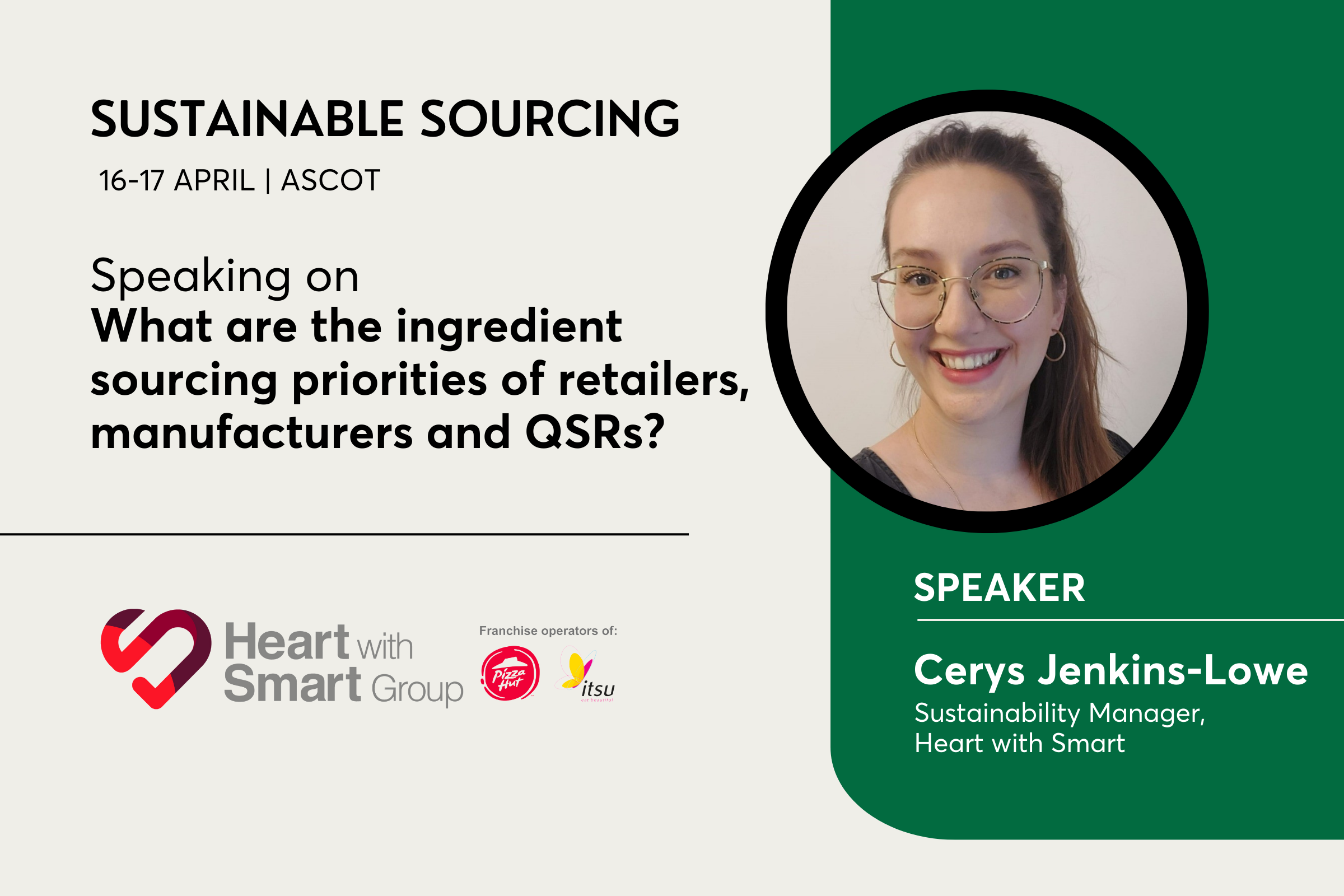The importance of soft skills in the workplace and how to develop them

When you think about what you should include in a job application, soft skills might not be the first things that comes to mind, but they are key to helping you secure your dream role and progress in your career. However, employers value them highly because they can show them your work ethic and what qualities you are able to bring to their team and company. In fact, recent studies show 92% of recruiters say soft skills matter as much as or more than hard skills, and 80% think soft skills are becoming more crucial to company success.
If you’re still in the early stages of your career without much work experience to show, don’t fret. Soft skills aren’t only developed through a job but also in everyday life, at university, apprenticeships, volunteering, and other training courses, so they’re much easier to acquire than you might think.
What are soft skills?
Soft skills are personal attributes that help an employee succeed in their role. A number of these could include creativity, time management, flexibility, teamwork, communication, problem-solving and leadership. With the food industry being an incredibly diverse space to work, there is a wide variety of situations and tasks an employee will be faced with. While a knowledge and passion for food and drink is essential, you’ll also need several soft skills under your belt to show your prospective employer that you can do the job well and be a team player.
In an analysis of job ads from the first week of January 2023 carried out by the job search website Adzuna, the 10 soft skills that came up the most were: management, flexibility, communication, organisation, customer service, friendly, leadership, confidence, innovative and attention to detail. Which skills are in-demand of course differ depending on the industry. In hospitality and catering for instance, flexibility, management, customer service, friendly disposition and communication were the most seen in job ads. For the scientific and quality assurance sector, management, communication, flexibility, leadership and innovative thinking, were the most sought after. In retail, customer service, management, flexibility, friendly disposition and communication came out top.
Figuring out your soft skills
So how do you know what your soft skills are? A good place to start is by analysing any recent social situations you’ve been in where you may have demonstrated those skills. For example, you could have completed one or several group projects with other students – this experience would help you demonstrate teamwork skills as you learnt how to work well with others to achieve a specific goal. If you led on a particular project, you might have also gained some basic leadership skills. You will have built communication skills by listening to, giving, and receiving feedback and showing respect towards your fellow teammates. You may have also had to lead a presentation in one or several of your classes, which will demonstrate public-speaking skills. Submitting research-intensive projects to a deadline also proves an ability to be organised and manage your workload when given a specific timeframe.
While at university, if you took on a part-time job alongside your studies, such as a hospitality or retail role, you will have obtained a wealth of experience and soft skills that can be transferred to future jobs in the food industry. Some of these could include effective and clear communication, earned through a customer-facing role and by encountering a range of people and temperaments, which will benefit you in a people-facing role – such as sales, buying, nutrition and dietetics, or a front-of-house or managerial role in a pub, restaurant or hotel. Another soft skill you’re likely to have picked up is teamwork, gained by working well with others working in a bar, café, or as a cashier, which will be essential to helping you prove how you can work well with a team in a company setting. During your time working in retail or hospitality, it is also likely you’ll have built problem-solving skills, as much of the work involves knowing how to think of your feet when managing a difficult situation with a customer or solving an internal problem – such as a coffee machine breaking, someone calling in sick last minute, or a shortage of kitchen ingredients. Taking on a part time job is a great way to gain a long list of essential short skills even before you’ve started your first full time position.
Applying soft skills to a job application
The key to writing a strong application is being able to link your experience to what the company is looking for in an ideal candidate. If the job description calls for someone with excellent time management, communication, and multitasking skills, think of any experiences you’ve had – whether at university, an apprenticeship course, volunteering or in a part time role – where you can describe how you were able to demonstrate these skills.
As with any job application, you should only include accurate information about yourself that you can backup in an interview. The same goes for soft skills – only include those which you have gained through previous roles, work experience, community work, or university projects. If you can’t back yourself up in an interview when questioned, it is unlikely you’ll get much further in the application process.
The more you can show you have the soft skills an employer is looking for, the more likely they will be interested in hiring you as they won’t have to spend extra time training you in that area and can see you bringing value to the company.









